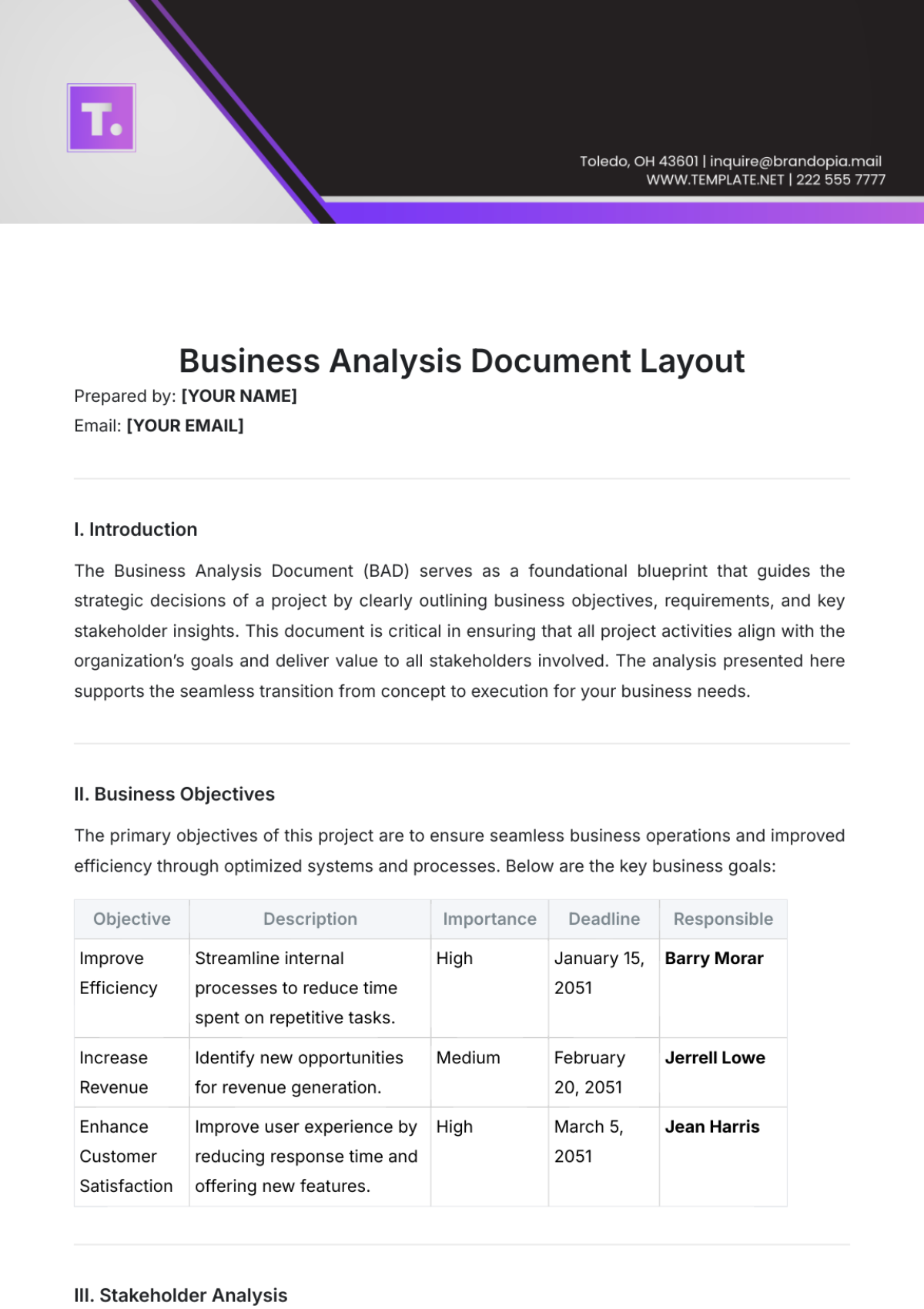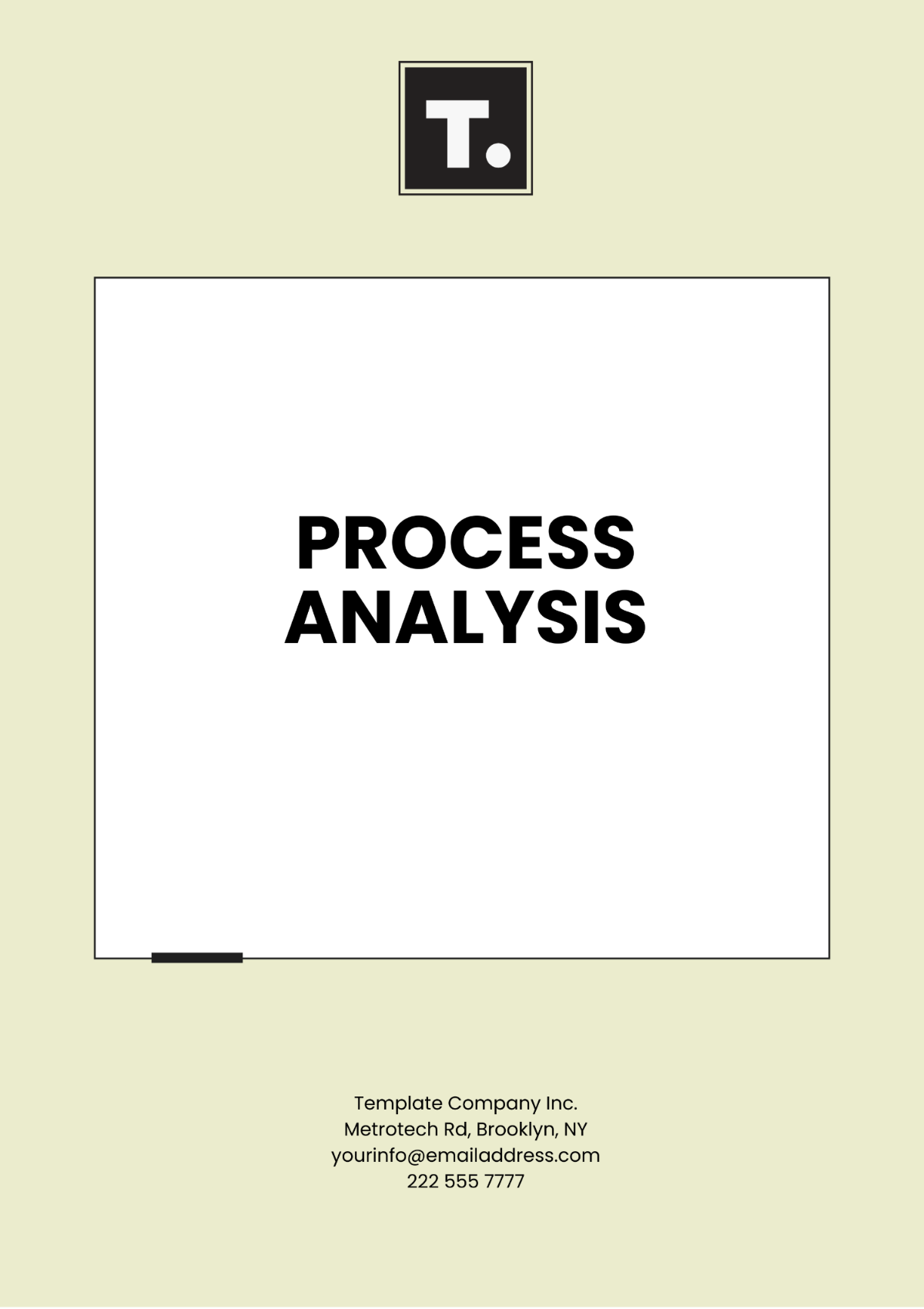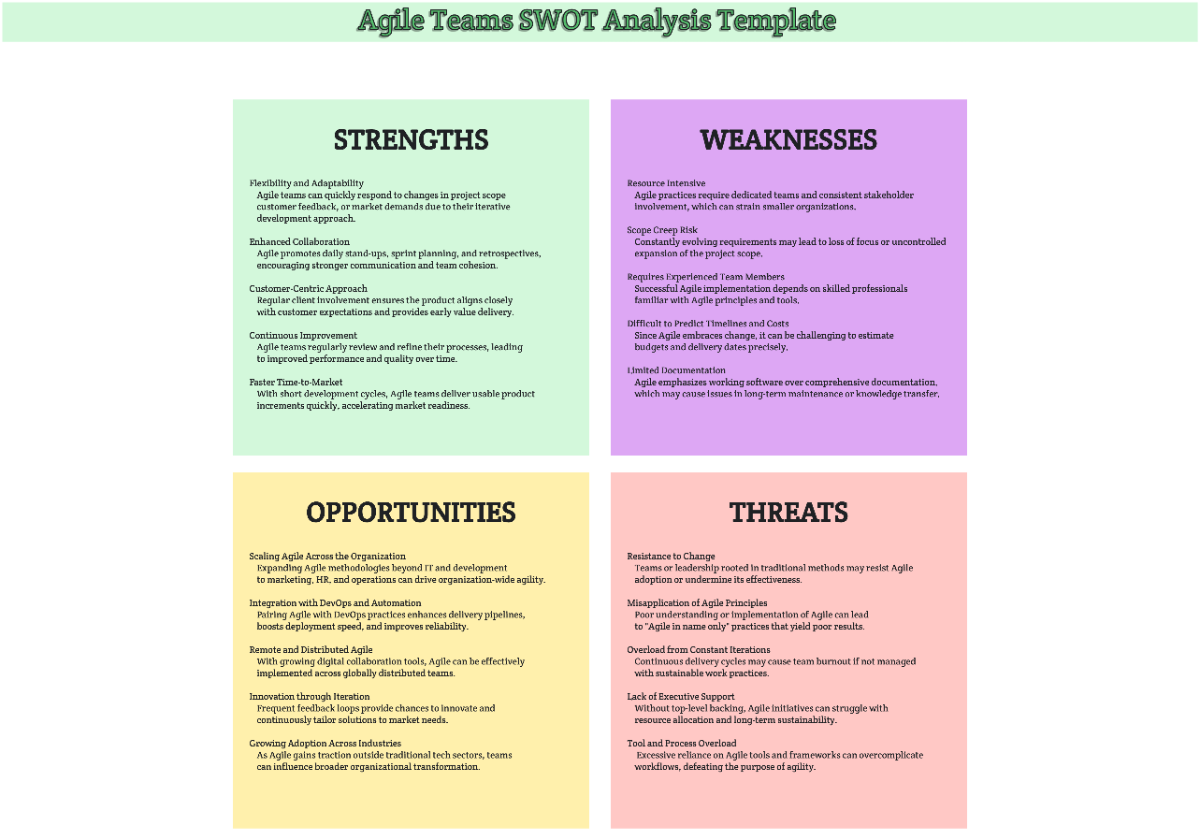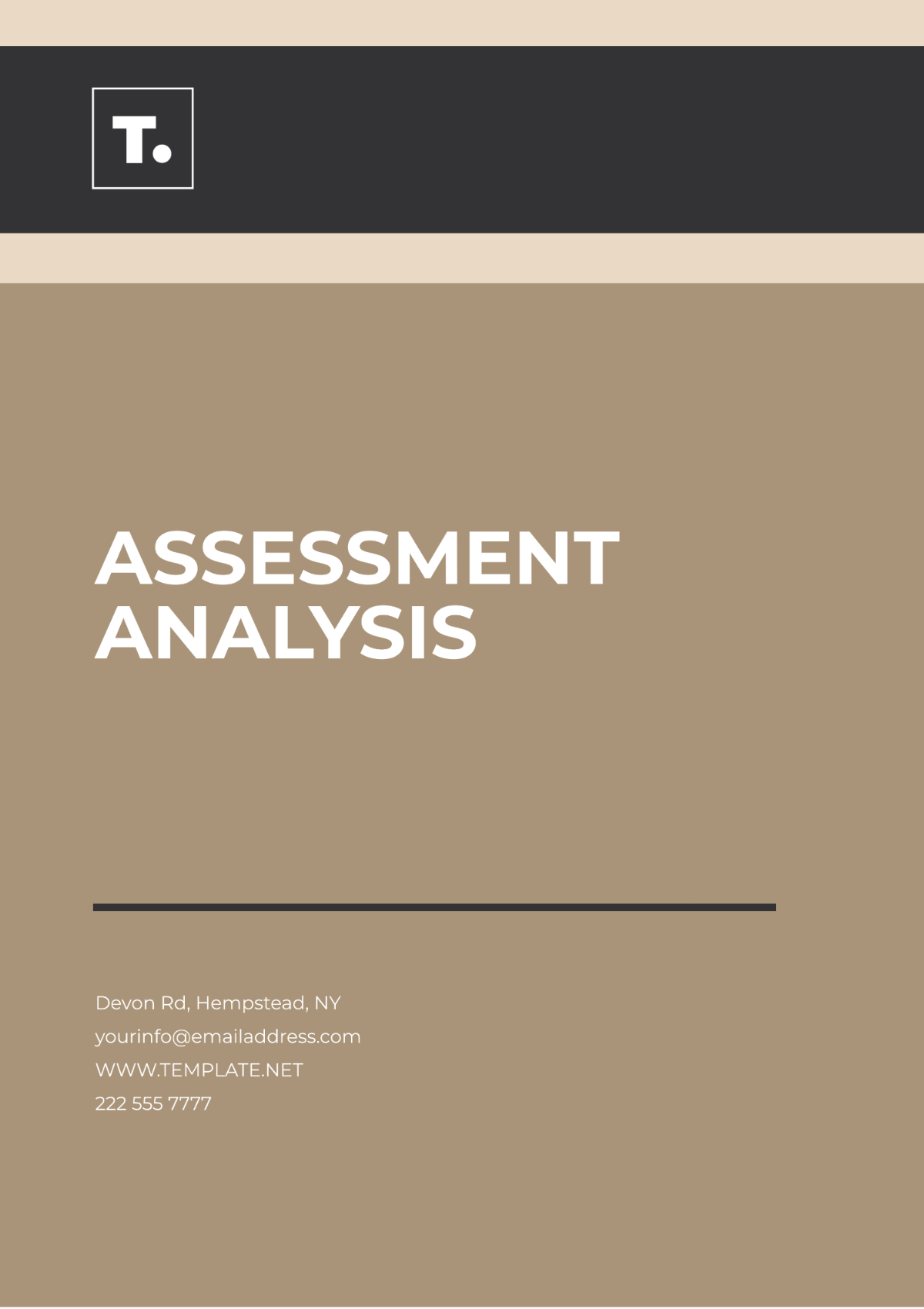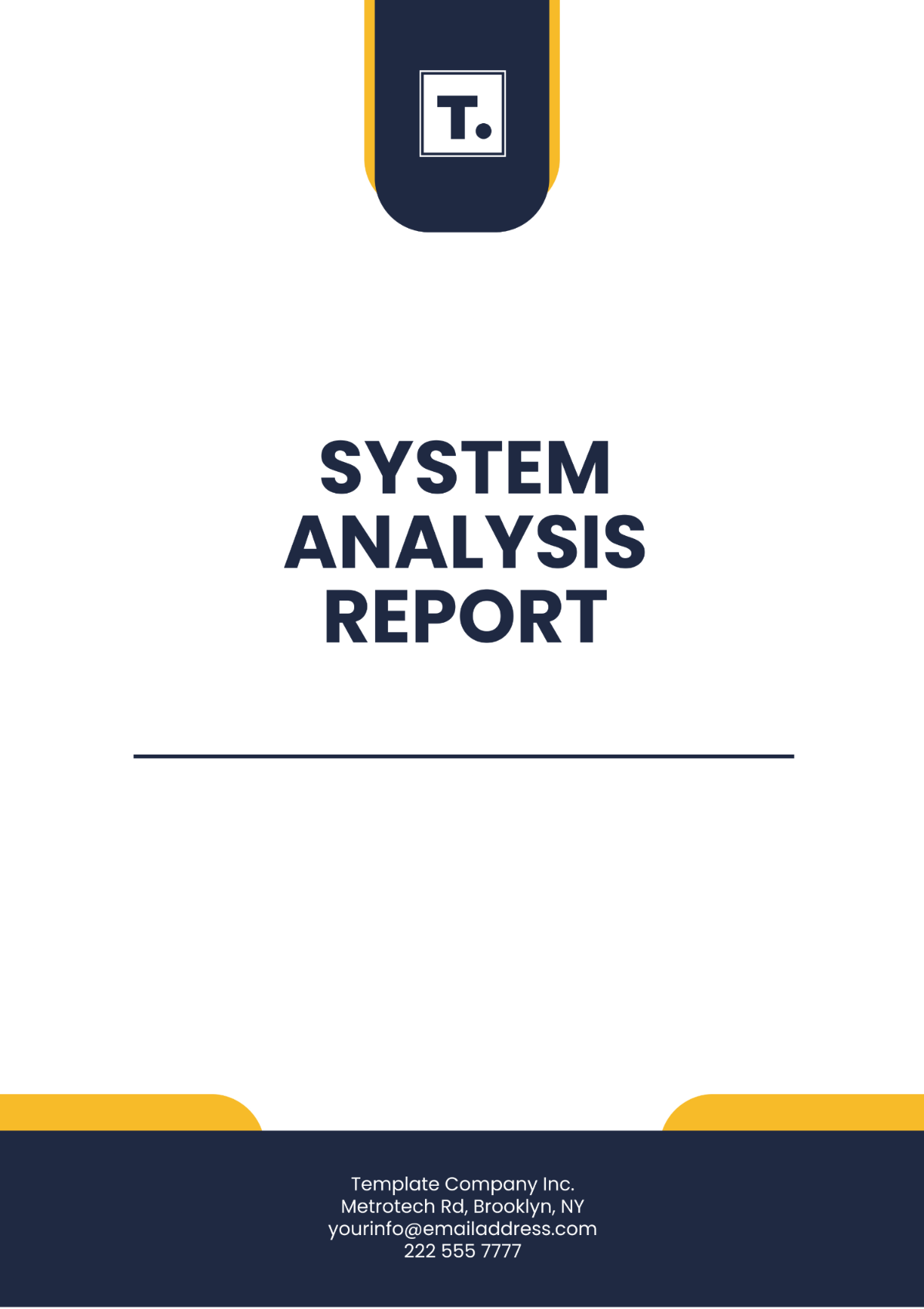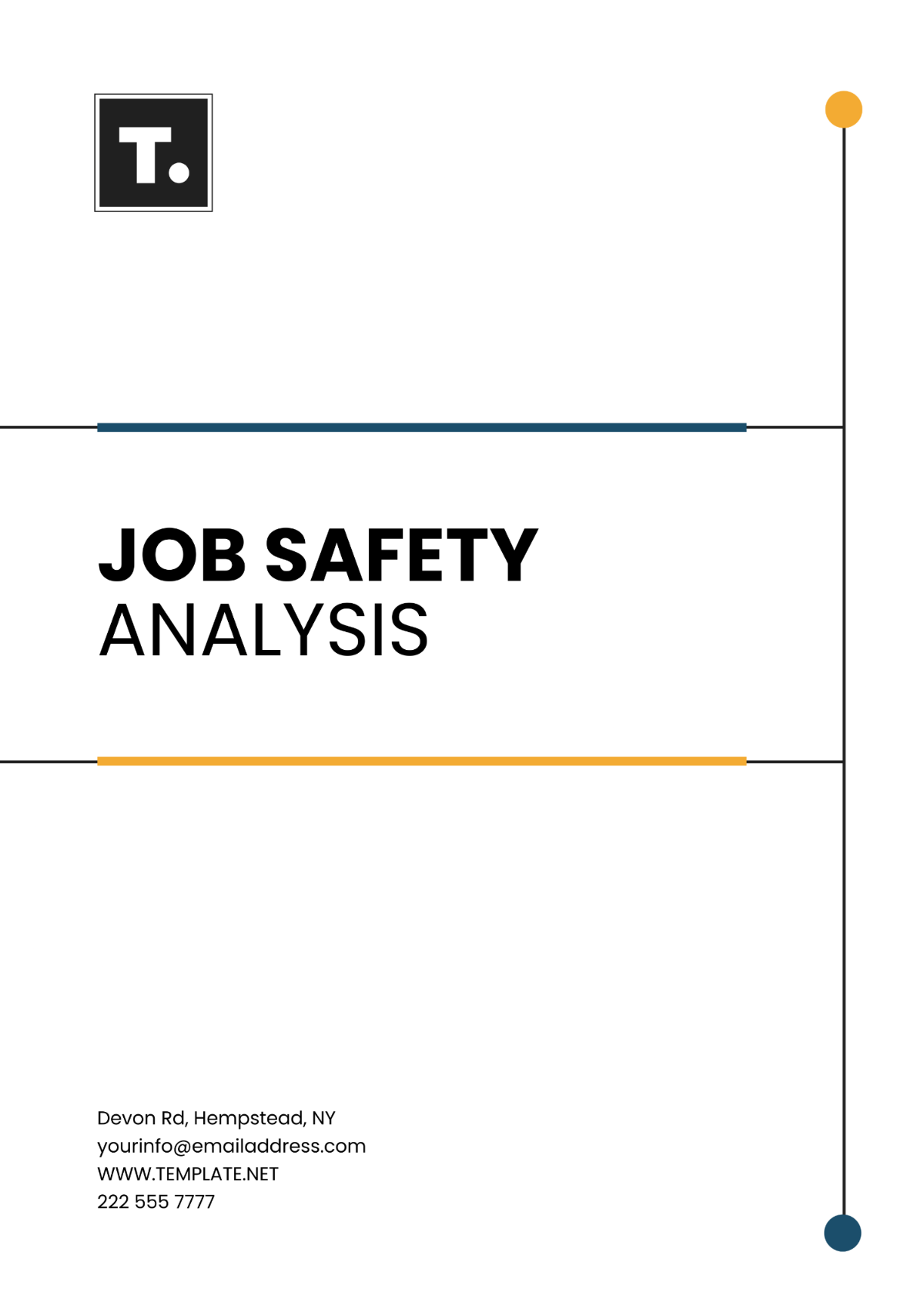Project Analysis
Prepared By: | [Your Name] |
Company: | [Your Company Name] |
Department: | [Your Department] |
I. Executive Summary
This section is designed to offer a comprehensive overview of the project. It includes detailed descriptions of key findings and provides suggestions for future actions. Additionally, it encapsulates an executive summary of the project's scope, its primary objectives, and the significant results derived from the analysis conducted.
Project Overview
Project Name: [Project Name]
Project Manager: [Your Name]
Start Date: [Start Date]
End Date: [End Date]
Key Findings
Through a comprehensive analysis, it was determined that expanding into the Asian market presents a lucrative opportunity for growth, particularly in regions such as China and India. Consumer demand for our product is high, and with strategic localization efforts, market penetration can be expedited.
Recommendations
a. Establish partnerships with local distributors to facilitate market entry.
b. Tailor marketing campaigns to resonate with cultural preferences and values.
c. Conduct further market research to identify niche segments for targeted product offerings.
II. Project Scope
The scope of the project defines the boundaries and deliverables of the project. Detailed here are the included and excluded areas, ensuring clarity and alignment with project goals.
Inclusions
Market research in target regions
Development of localization strategies
Partnership negotiations with distributors
Marketing campaign creation and implementation
Exclusions
Physical distribution logistics
Manufacturing process optimization
Regulatory compliance outside of market entry requirements
Deliverables
Market research report
Localization strategy document
Partnership agreements with distributors
Executed marketing campaigns
III. Stakeholder Analysis
This section is dedicated to identifying every primary and secondary stakeholder who is involved in the project. By understanding the level of influence and interest each stakeholder has, we can better manage communications and set realistic expectations throughout the project.
Stakeholder | Interest Level | Influence Level |
|---|---|---|
Local Distributors | High | High |
Marketing Team | High | Medium |
Executive Leadership | Medium | High |
Legal Department | Low | Medium |
IV. Risk Analysis
Identifying potential risks involves recognizing potential issues that could arise, and assessing both their impact and their probability of occurring assists in the preparation of appropriate mitigation strategies to manage those risks effectively.
Risk | Impact | Probability | Mitigation Strategies |
|---|---|---|---|
Regulatory hurdles in target markets | High | Medium | Establish early dialogue with local authorities and legal experts to navigate regulatory requirements effectively. |
Economic instability in target regions | High | High | Diversify market entry strategies to mitigate reliance on any single region. |
Cultural Misalignment Affecting Brand Perception | Medium | Medium | Conduct thorough cultural sensitivity training for marketing and sales teams. |
V. Budget Analysis
An overview of the budget allocation and expenditure status. It is crucial for financial tracking and ensuring the project remains on budget.
VI. Conclusion
This section provides a comprehensive summary of the valuable insights that have been derived from a thorough analysis of the project. Additionally, it highlights the necessary actions that must be taken to ensure the successful completion of the project.
Overall Assessment
The project exhibits significant potential for success, given the identified market opportunities and strategic recommendations provided. However, diligent execution and adaptive management will be crucial for navigating potential challenges.
Future Steps
a. Initiate negotiations with identified distributors to secure partnerships.
b. Commence the localization process to align products and marketing strategies with target market preferences.
c. Continuously monitor market dynamics and adjust strategies accordingly to maintain competitiveness and capitalize on emerging opportunities.


